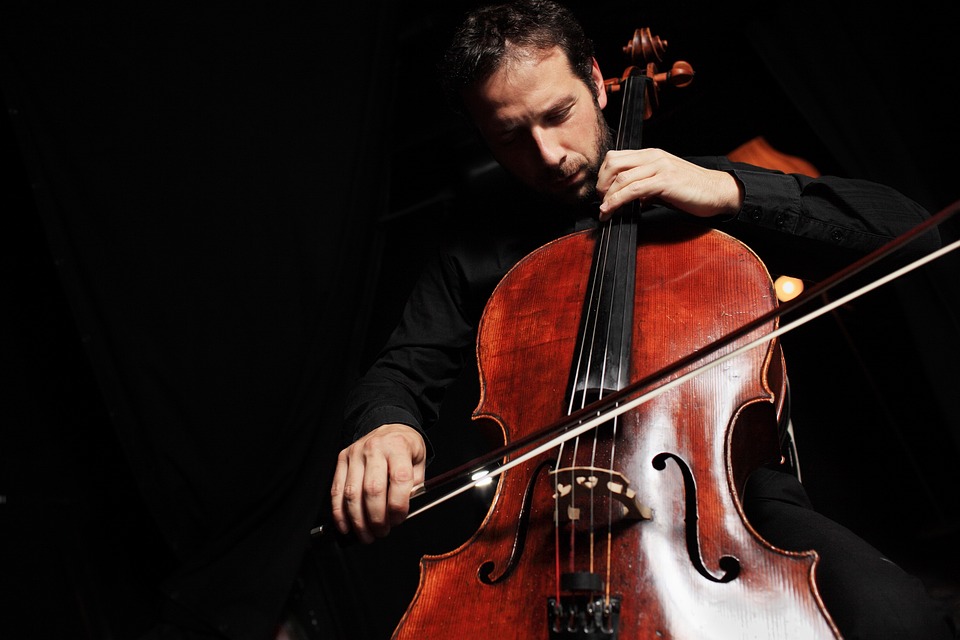Navigating the Complexities of Contemporary Classical Music Criticism
The Role of Critics in the Classical Music World
Critics play a crucial role in the world of classical music, offering insights and analysis that can help audiences better understand and appreciate the art form. However, the field of classical music criticism can be complex and challenging to navigate, particularly in today’s fast-paced digital world.
The Evolution of Classical Music Criticism
Classical music criticism has a long and storied history, dating back to the early days of music journalism. Critics have traditionally played a key role in shaping public opinion about composers and performers, offering reviews that can make or break careers. However, the rise of social media and online platforms has changed the landscape of classical music criticism, making it more accessible and democratic than ever before.
Challenges Faced by Contemporary Classical Music Critics
Contemporary classical music critics face a number of challenges in today’s digital age. With the rise of social media, anyone can become a critic and share their opinions online, making it difficult for professional critics to stand out. Additionally, the fast-paced nature of the internet can make it challenging for critics to thoroughly research and analyze the music they are reviewing.
Strategies for Navigating Contemporary Classical Music Criticism
Despite the challenges they face, contemporary classical music critics can still make a valuable contribution to the field by adopting a few key strategies. First and foremost, critics should strive to maintain a high level of professionalism and integrity in their work, providing thoughtful and well-researched reviews that readers can trust. Additionally, critics should be open to new forms of criticism, such as podcasting and video reviews, which can reach new audiences and engage with listeners in exciting ways.
The Importance of Diversity in Classical Music Criticism
Why Diversity Matters in Classical Music Criticism
Diversity is a crucial component of classical music criticism, as it ensures that a wide range of voices and perspectives are represented in the field. By promoting diversity in criticism, we can help to break down barriers and challenge traditional notions of what constitutes “good” music. Additionally, diverse perspectives can help to make classical music criticism more inclusive and accessible to a wider audience.
Promoting Diversity in Classical Music Criticism
There are a number of ways that we can promote diversity in classical music criticism. One important step is to actively seek out and promote the work of critics from underrepresented backgrounds, such as women, people of color, and LGBTQ+ individuals. Additionally, critics should strive to cover a diverse range of artists and composers, highlighting the contributions of musicians from all walks of life.
The Benefits of a Diverse Classical Music Criticism Landscape
A diverse classical music criticism landscape benefits everyone involved, from critics and audiences to musicians and composers. By embracing diversity, we can help to foster a more inclusive and vibrant classical music community, one that is truly reflective of the rich tapestry of human experience. Ultimately, promoting diversity in classical music criticism can help to ensure that the art form continues to thrive and evolve in exciting new directions.
Conclusion
As we navigate the complexities of contemporary classical music criticism, it is important to remember the value that critics bring to the field. By maintaining a high level of professionalism and integrity, embracing new forms of criticism, and promoting diversity in the field, we can help to ensure that classical music criticism remains a vibrant and relevant part of the music world. By working together to address these challenges, we can help to create a more inclusive and dynamic classical music community for future generations to enjoy.


